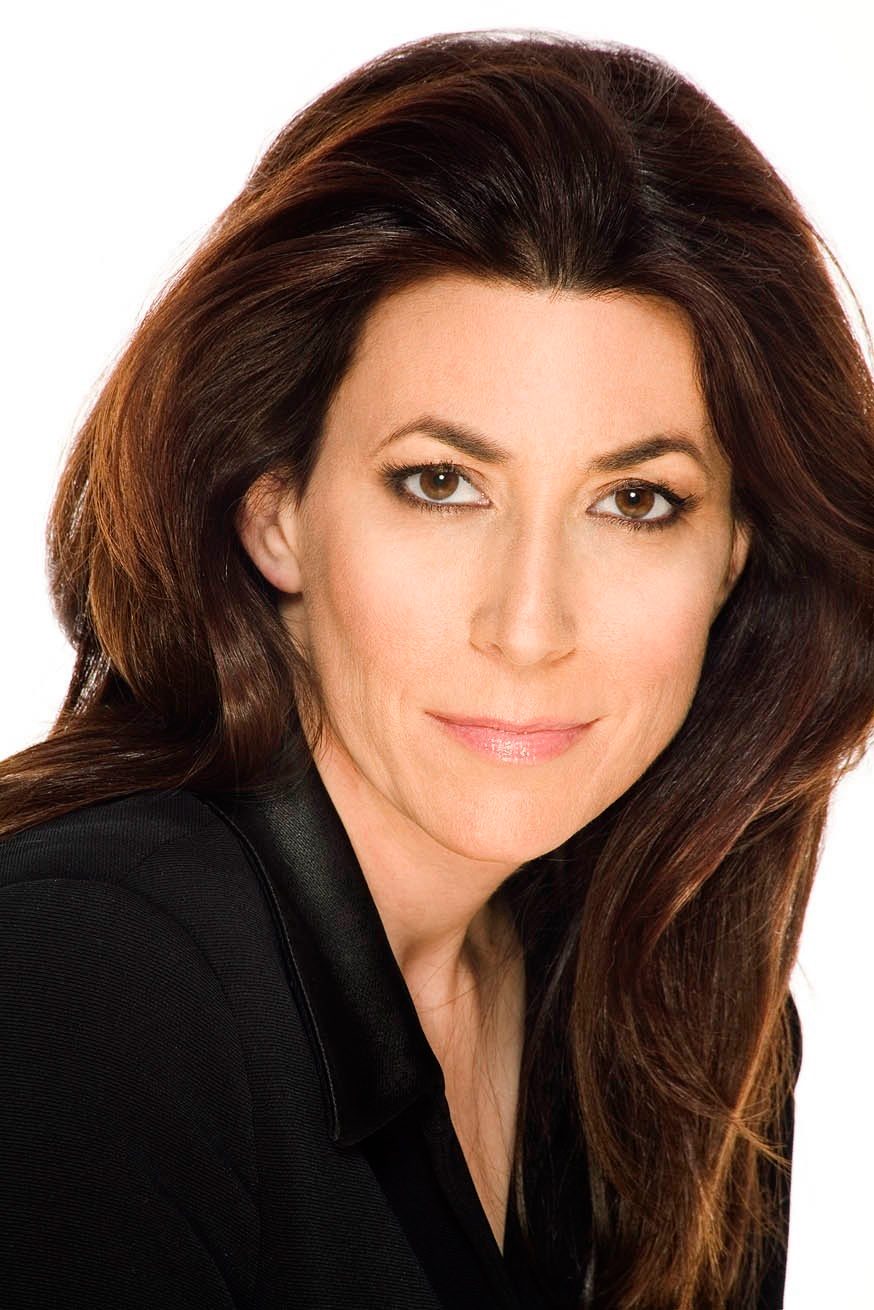Conservative lesbian and radio political commentator Tammy Bruce is disappointed with the selection in this year’s election.
I’m a pro-choice lesbian feminist. I’m also an independent conservative and have grown increasingly frustrated with all the candidates for president. I have never voted for a candidate because of the letter after the name, and I still have not made a decision about whom I will vote for in November. For the first time in a presidential race I am not only not excited about a candidate, I am extremely concerned about all their agendas.
How I identify may sound like a contradiction, but it’s really not. I want government to be small and unobtrusive. Whenever government gets big, that means it’s interfering in our lives, and that’s never been a good thing for gays, whose freedom and independence rely in large part on the majority leaving us alone. A main problem is how conservatism is viewed—which is that it has been attached to religious politics for too long. Independent conservatives stand for principles at the heart of what’s important to minorities and women, recognize the importance of faith in making this nation great, yet understand it is not the government’s business to become the morality police.
As a feminist, I also want women to be free to make the choices that best suit them, and the only way we’re able to do that is to be financially independent. When you rely on a check from a lover, your family, a spouse or the government, you are never truly free. Small government means fewer “programs” and bureaucrats to interfere with our lives. It also requires less money to run, which means taxes are lower, we keep the fruits of our labor and we are more in control of our lives.
I remember the days of working on the 1992 Bill Clinton, Dianne Feinstein and Barbara Boxer campaigns. It was indeed much more romantic and fulfilling to have a cause, to be excited and invested in a candidate. I could argue that it’s heartbreaking to be old enough to see people like the Clintons for who they really are, but it also means we are less likely to be, as Melissa Etheridge put it, “thrown under the bus” by people who claim to be our champions.
Hillary Clinton and Barack Obama, while I’m excited about what their candidacies represent, are both running on the Jimmy Carter Platform of Disaster. They pledge to raise our taxes, make government monstrous in size, surrender to the enemy and confiscate oil company profits—the same profits from publicly held companies that fund dividend checks to middle-class Americans. Ironically, Clinton and Obama rail against big corporations and yet their platforms are based on continuing the Bush adminstration’s obsession with making the U.S. government the biggest corporation of them all. With corrupt bureaucratic failures like Social Security and FEMA already in place, why we would willingly hand over our healthcare to the federal government is beyond me, but Democrats, and many others, cheer that, too.
Today’s Republicans are no different. Like the religious liberal President George W. Bush, John McCain panders to the religious community by declaring himself “pro-life.” Apparently that’s code to people of faith, somehow proving he’s a conservative. People aren’t buying it. To his credit, he did vote against Bush’s ridiculous prescription drug care program, with a cost that is still unknown but estimated to be in the tens of trillions of dollars. He also said that he’s against entitlements and earmarks in legislation—that little perk legislators employ to insert pet programs into unrelated legislation, using our tax dollars for bridges to nowhere or, in Clinton’s case, a $1 million request for a Woodstock museum.
I think we can all agree that more computers, books and other improvements for our local schools should trump an homage to hippies from the 1960s.
Despite his votes against certain silly and outrageous spending, McCain also voted against the one conservative thing Bush has put forward—the tax cuts. He also refuses to pledge not to raise taxes in the future. That is not a good sign, and while it may seem like a boring issue, this is the best indicator of whether a candidate thinks government should control our lives or let us live them on our own terms.
Would I rather be excited about a candidate? Of course. But I also know there is now too much at stake not to admit that all the pretenders to the White House—no matter what they say, regardless of their spins—are really all the same. They all have lost the sense of what our Founding Fathers were committed to—a small government that exists to facilitate the freedom of the people by staying out of our lives.
In November, I just may write in “George Washington.” Or better yet, “Abigail Adams.”
